For Marla and her business and romantic partner, Fran (Eiza González), business is booming and life is sweet, even more so when they get intel on “cherry” Jennifer Peterson (Dianne Wiest), a retired, unmarried woman (with no heirs) who is squatting on a fortune, seemingly easy pickings just waiting to be exploited and imprisoned. The catch, however, is that Ms. Peterson has connections to some nefarious folk, particularly crime leader Roman Lunyov (played by Peter Dinklage), who really wants to break her free and give her some baked treats. What follows is a battle of resources, wits and wills between Marla, Roman and his goons.
The greatest thing that can be said about I Care a Lot is that it has been perfectly cast, and the whole ensemble is more than up to the task. Rosamund Pike is the best among them with a strong, dynamite performance, committed to providing her layered, “caring” sociopathic character with strength and nuance. Dianne Wiest also gets to flex around in a couple scenes, but the script only really allows her to hint at what probably would have been a much more playful and sinister turn if she was given more screentime than Peter Dinklage instead of being relegated to a position of little significance soon after the action gets going.
In other words, I Care a Lot has the makings of an interesting and engaging plot that showcases smart satire while also delivering on more mainstream thrills, and the movie certainly sets these things up nicely in the first act, but a little before the halfway mark the focus and tone changes for the worse.
Instead of two very different kind of empowered, nasty female predators playing cat-and-mouse in America’s greedy, seedy social and political underbelly for control, unsympathetic Marla Grayson becomes positioned as an anti-hero protagonist against a typical male mobster villain who has some kind of corporate connection. The viewer is supposed to root for her, but beyond the facts that she is a resilient lesbian woman and is protecting her territory from a man who thinks he is better than her, investment in her fight is unwarranted; Marla is still a selfish, shitty member of the elite clinging to everything she stole from vulnerable people, and there is no redemption arc or message to her struggle, but instead ending with a misguided sequence that once again changes how it wants us to regard Rosamund Pike’s character.
Fighting her way up in a male-dominated society where she has to change who she is in order to move ahead would be a significant story; so would a story ultimately centering on what two crooks show each other about themselves and the depths they have sunk to. As is, I Care a Lot turns into a mild black comedy/standard crime thriller that thinks it’s funnier than it ends up as, and disappointingly with more teeth and resources than it knows what to do with.
My Rating: 3 1/8 /5
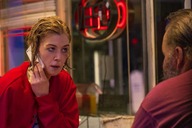

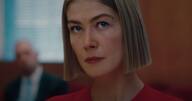
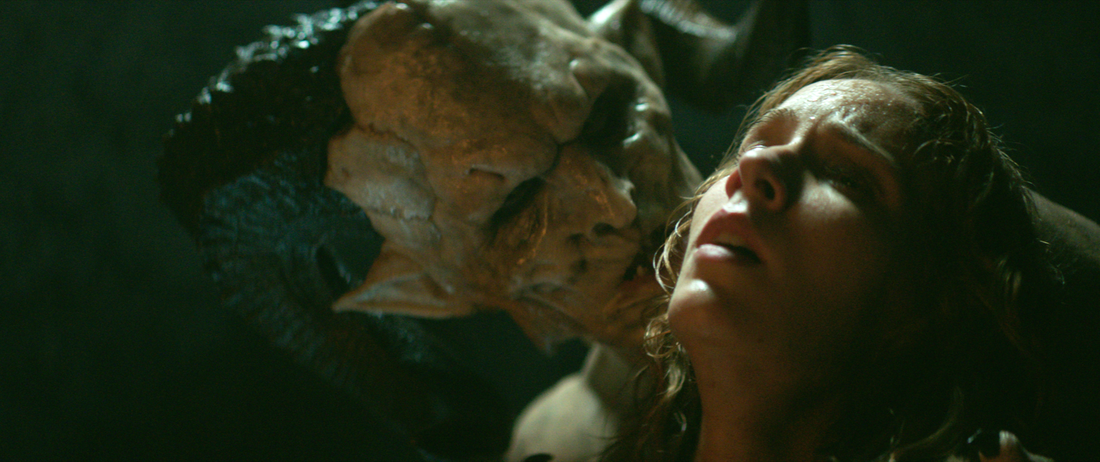
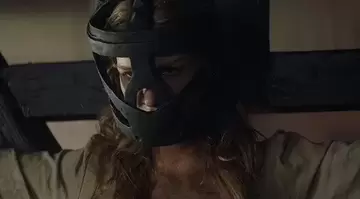
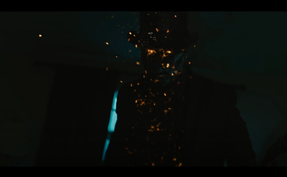
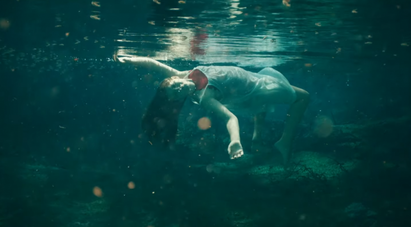
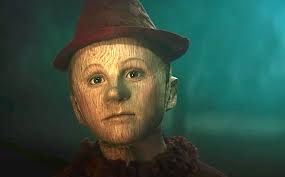
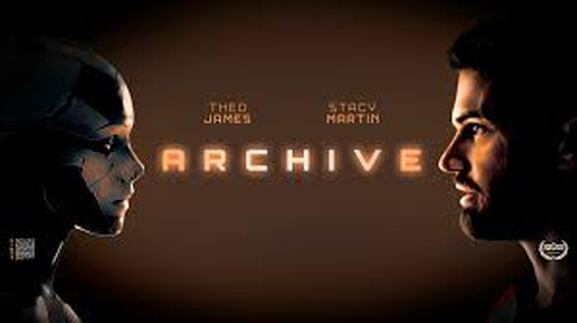
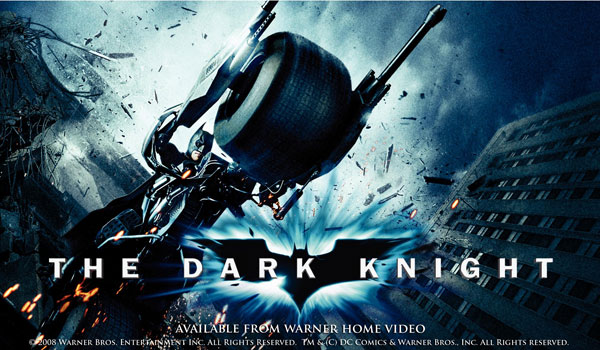
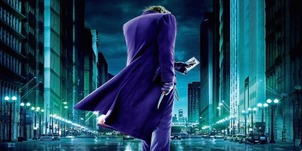
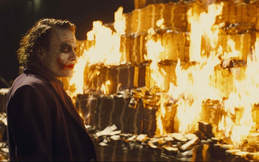
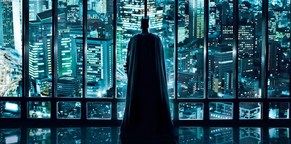
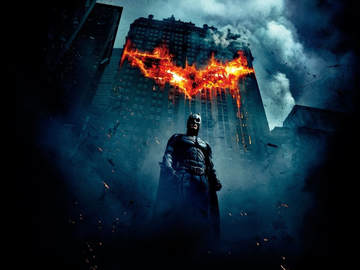
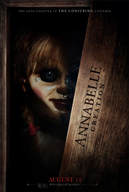
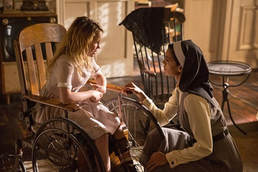
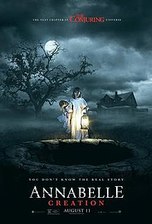
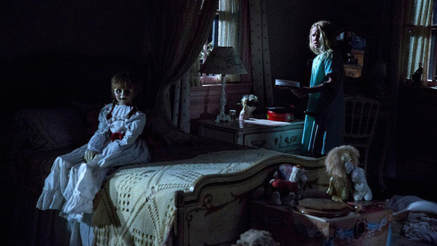
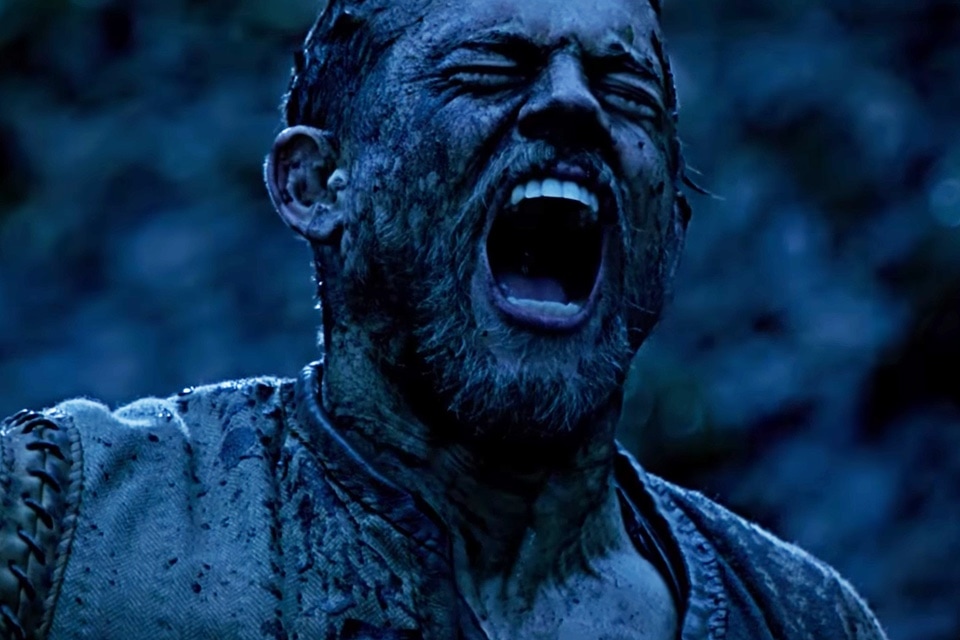
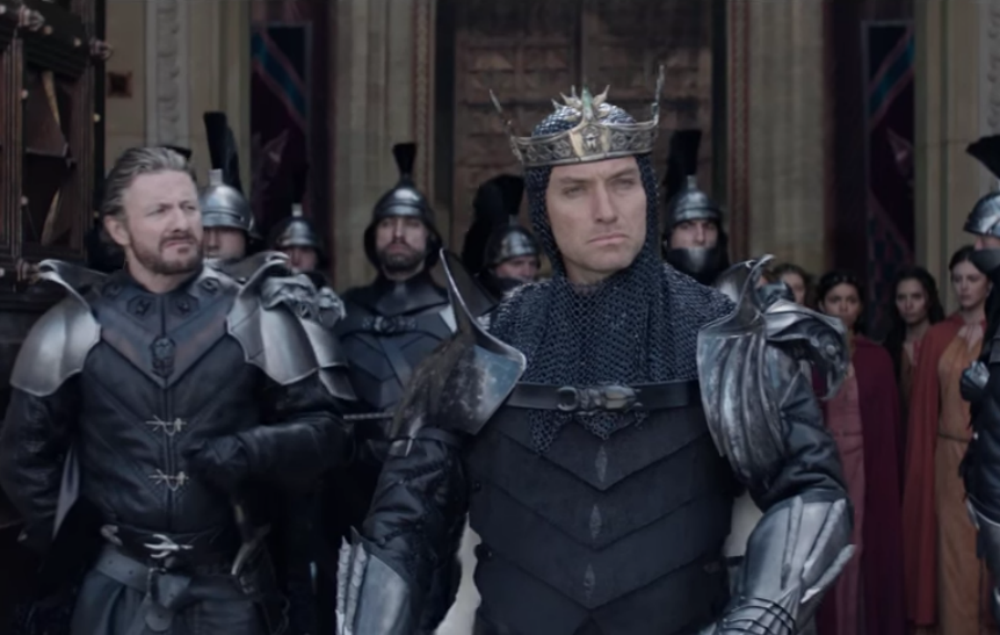

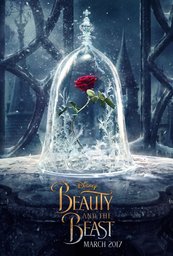
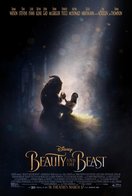
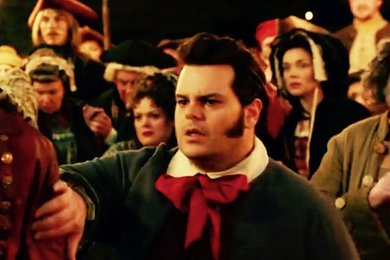
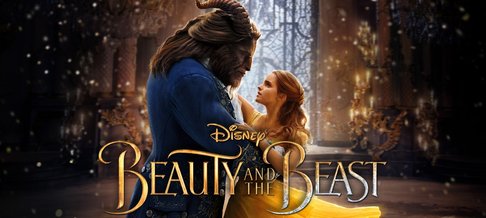
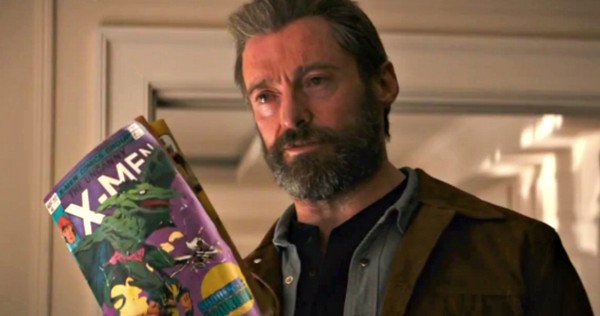
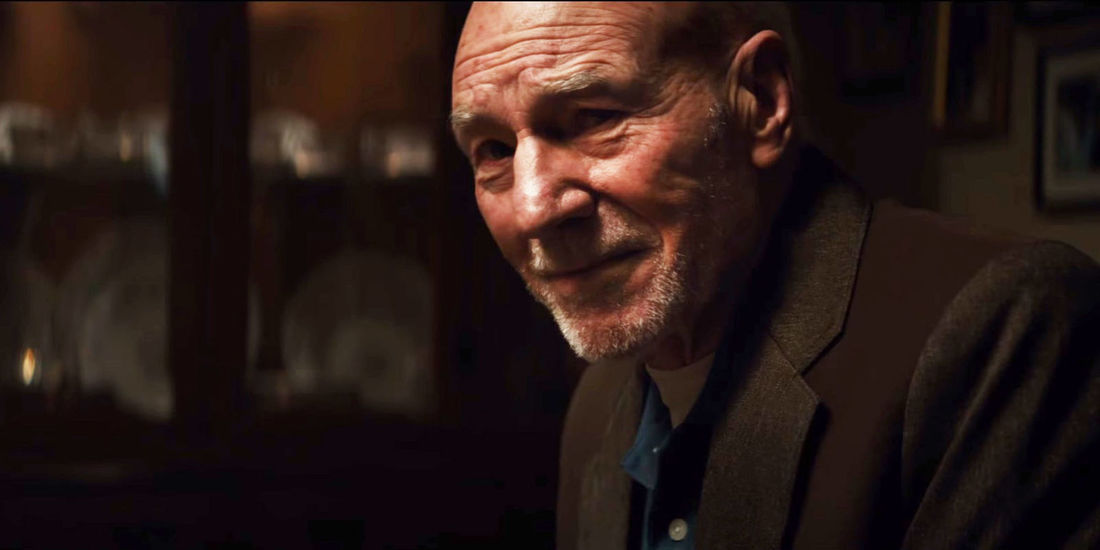
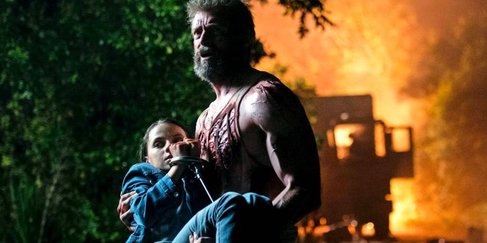
 RSS Feed
RSS Feed
